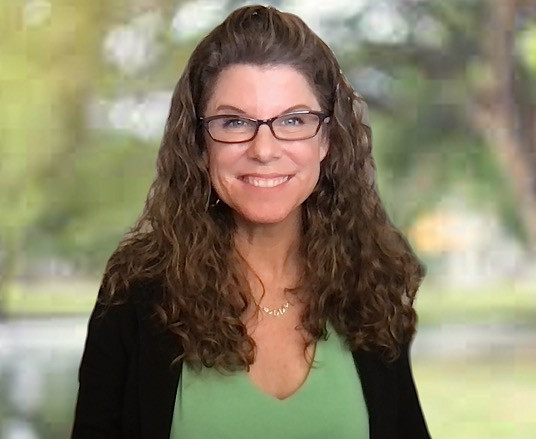Heather Anderson, M.A.

Adjunct Lecturer, Department of Sociology
Book this person as a speaker:
Email: handerson@callutheran.edu
Speeches:
-
Incarcerated Heroes and Their Return Home: Exploring the Reentry Experience of California's Female Inmate Firefighters
For 35 years, female inmate firefighters have braved the California hillsides every fire season. By late September, newsstands are cluttered with articles, delving into the risks taken by this unique cohort of women as they serve their sentences, the psychological and physical strength necessary for such work, the sense of empowerment they gain, and the respect they feel from the communities where they serve. For many, the fire line is the only place where they can shed their title of "felon" and the only place where they have felt like a valued member of society, trying to save a hillside or a family's home. When released from prison, many of the women from the program hope to use the skills and experiences they've gained as firefighters. But, few opportunities appear to exist for this cohort when they return home. Leaving prison, individuals can face unemployment, homelessness, substance abuse issues, discrimination, and even recidivism, among other issues. Furthermore, women from the California Conservation Camp Program are unable to transition into positions within the LA County Fire Department after they reenter society because of their felony status, even though they have been entrusted to serve the agency as inmates. This phenomenological study examines the lived experience of female inmate firefighters as they transition out of California's Conservation Camp Program by exploring the reentry process for this population, their common met and unmet needs, and how the experience of returning home after serving on the fire lines has impacted self-perception and personal identity. -
You Receive a Referral: Family Care and Organ Donation
Heather Anderson was a Family Care Coordinator and Public Education Coordinator for Sierra Donor Services (SDS), a nonprofit organ, eye and tissue transplant donor network in Northern California and Nevada between 2014-2017. The agency, committed to saving and improving lives through donation and transplantation, supports potential donor families in their time of loss, provides care for them through the donation process and coordinates the recovery of organs and tissues for transplant. "You Receive a Referral" provides an overview of organ donation, brain death and cardiac death, common myths and misconceptions about organ donation, the experience of serving as a Family Care Coordinator; and the power of the donor, donor family and recipient through the donation process. Stories from the field will be shared, and audience members will be offered an opportunity to consider how they would respond as a Family Care Coordinator to referrals for organ and tissue donation. -
Aging out of Residential Care with HIV and Hope: Are Nations Ready for this Unique Population (A Case Study from Jamaica)?
The introduction of antiretroviral medications through the Global Fund and Clinton HIV/AIDS Initiative in Jamaica has given rise to an unusual challenge for the nation's child welfare system. An unprecedented number of HIV-positive orphans, exceeding their life-expectancy rates, have been aging out of residential care. At the same time, transitional services are limited for this population. Today, Jamaica faces an extraordinary dilemma: How does it prepare youth, originally slated for hospice care, for independent life? This case study details the adult-preparation needs of HIV-positive orphans in Jamaica, explores how the leading residential care facility in the country (Dare To Care) addresses these needs, and concludes with recommendations for further research in not only the Caribbean, but the world. The transitional needs of this special population are now critical to address. Each child's future has stopped being merely a hope. It is now a priority for not only the residential programs that care for them, but for the countries that prepare to welcome them. An update to this research was published by Johns Hopkins Bloomberg School of Public Health in 2016. The original 2010 study involved over 60 sources, with participants ranging from past and current Dare To Care residents to program providers on three continents, and from government officials to leading researchers in the field.
Heather Anderson has been an adjunct lecturer at California Lutheran University since 2017. She currently teaches Introduction to Sociology, Sociology of Death & Dying, and Contemporary Global Issues. Her professional background includes over 15 years within social service and international relief where she has worked on behalf of agencies in nine different nations, serving children and families in crisis. Her work with humanitarian programs and her academic research have brought her to residential care facilities, prison cells, refugee camps, hospice programs and intensive care units, where she has assisted populations who are enduring significant loss or braving transition. Ms. Anderson has a Master's Degree in International Service from Roehampton University in London, England, and is currently finishing her second Master's Degree in Sociology at California State University, Northridge. An excerpt of her first thesis,"18 with AIDS: A study into the transitional services available for HIV-positive orphans aging out of residential care in Jamaica" was recently published by Johns Hopkins Bloomberg School of Public Health.